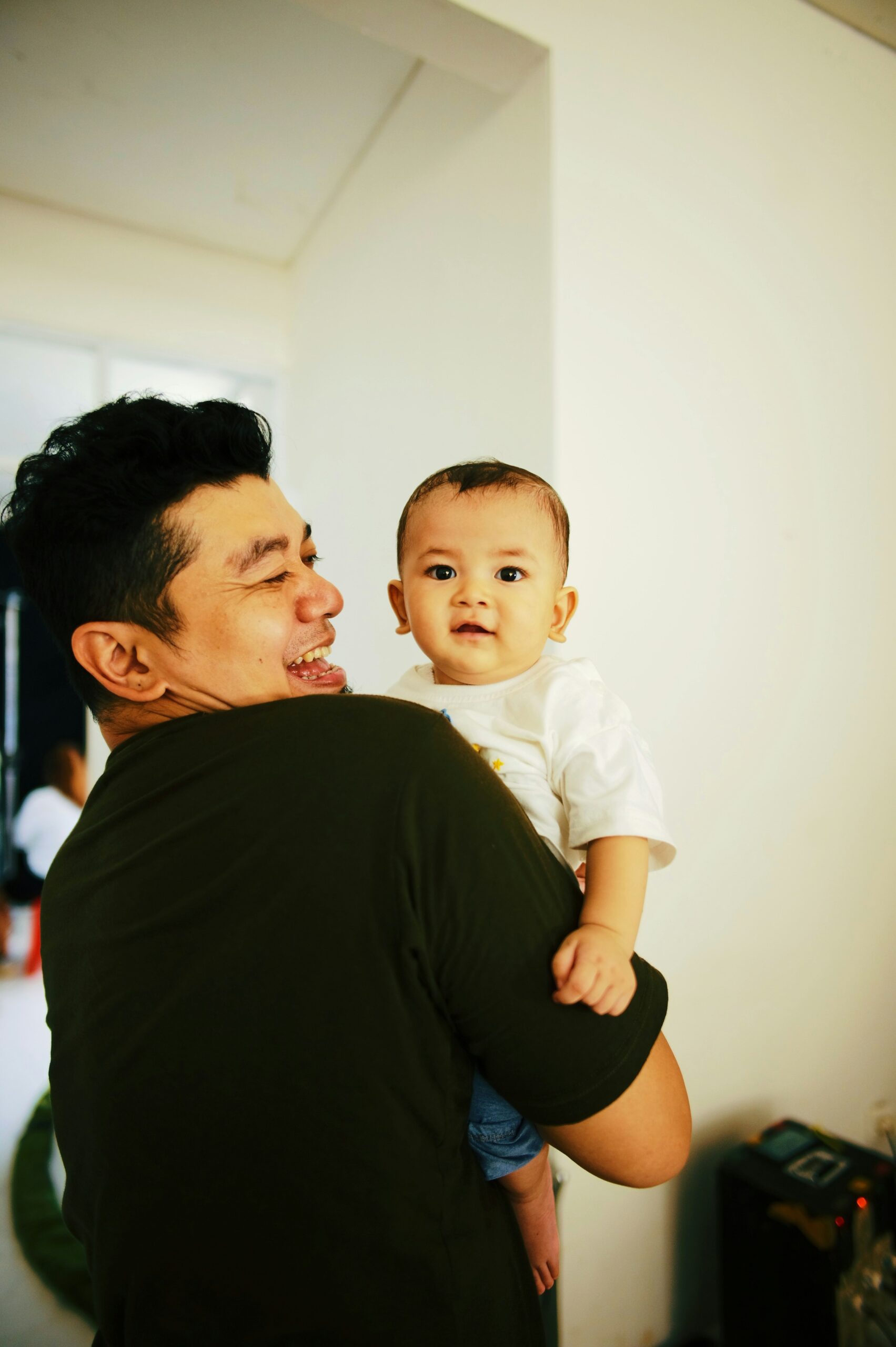What Defines a Good Dad Versus a Bad Dad

Divorced dad blog
Being a father is a significant role that comes with great responsibility. In the context of divorce, the role
of a father becomes even more crucial. A good dad versus a bad dad can have a significant impact on
post-separation family dynamics and the well-being of the children involved.
Qualities of a Good Dad
A good dad is one who prioritizes the well-being and happiness of his children above all else. He is involved
in their lives, showing up both physically and emotionally. A good dad communicates openly with his
children, listens to their concerns, and provides them with a sense of security and stability.
A good dad sets a positive example for his children, demonstrating values such as honesty, respect, empathy,
and responsibility. He actively participates in the upbringing of his children, taking on tasks and
responsibilities without hesitation. A good dad is supportive of his children’s interests and goals,
encouraging them to pursue their passions and dreams.
Signs of a Bad Dad
On the other hand, a bad dad may be emotionally distant and unavailable to his children. He may prioritize
his own needs and desires over the well-being of his children, neglecting their emotional needs. A bad dad
may exhibit inconsistent behavior, causing confusion and insecurity in his children.
A bad dad may also fail to provide adequate support and guidance to his children, leaving them to navigate
life’s challenges alone. He may engage in destructive behavior or set a negative example for his children,
leading them down a detrimental path. A bad dad may neglect his responsibilities as a parent, placing
additional strain on the family unit.
In conclusion, the distinction between a good dad and a bad dad lies in their actions, priorities, and
impact on their children’s lives. A good dad embodies qualities of love, support, and guidance, fostering a
positive and nurturing environment for his children to thrive. On the other hand, a bad dad may contribute
to emotional distress, instability, and negative outcomes for his children.
